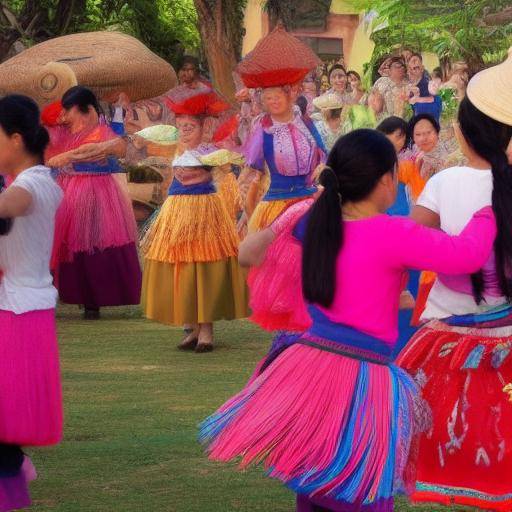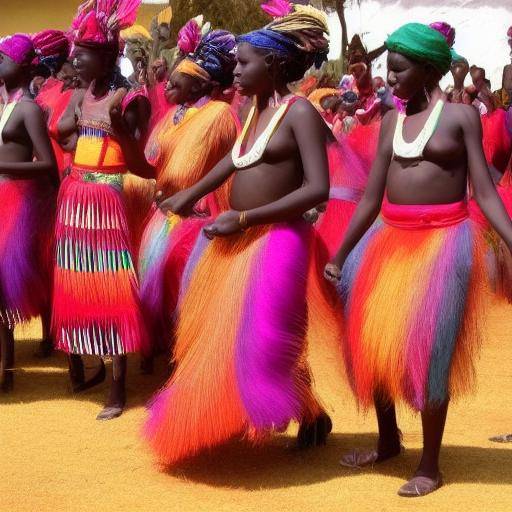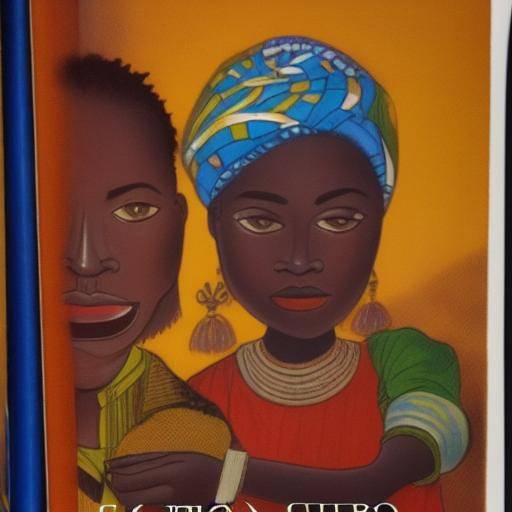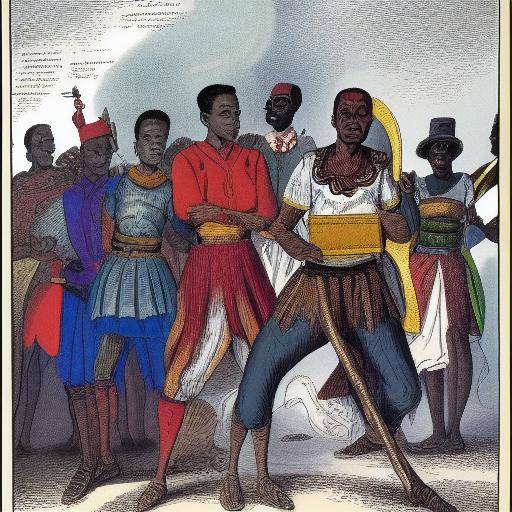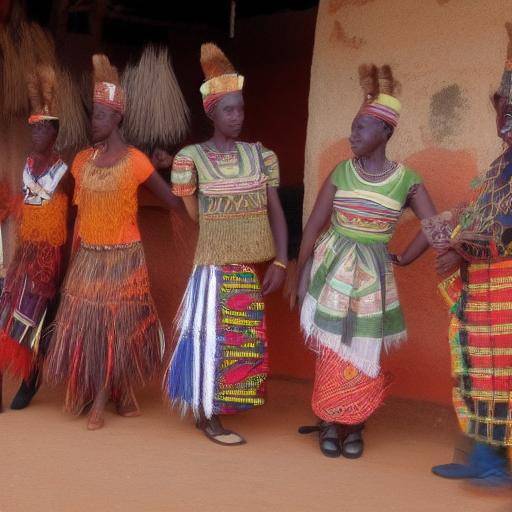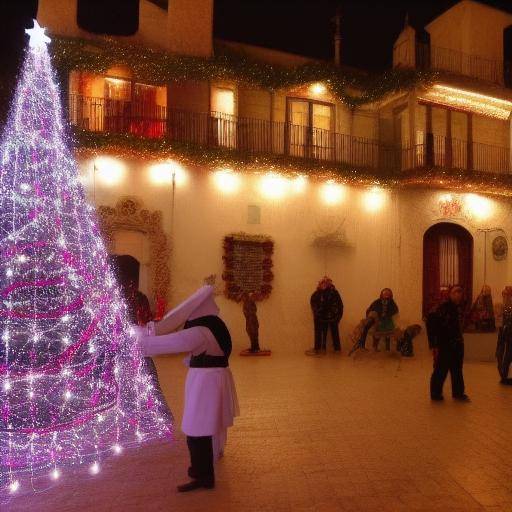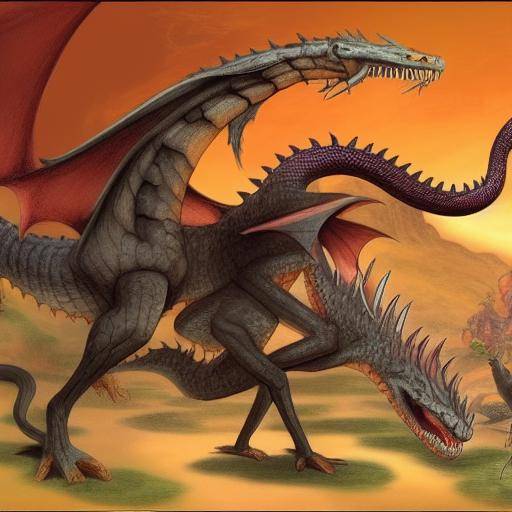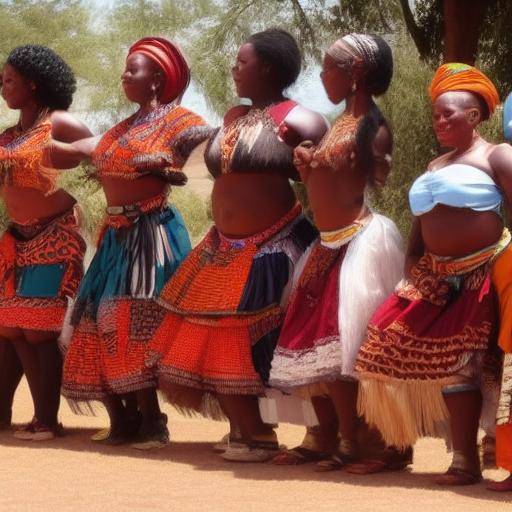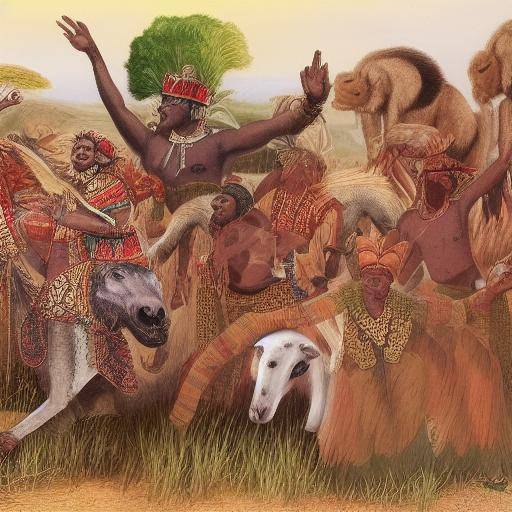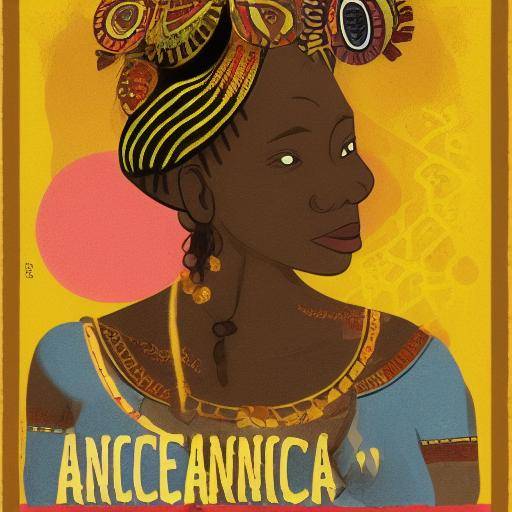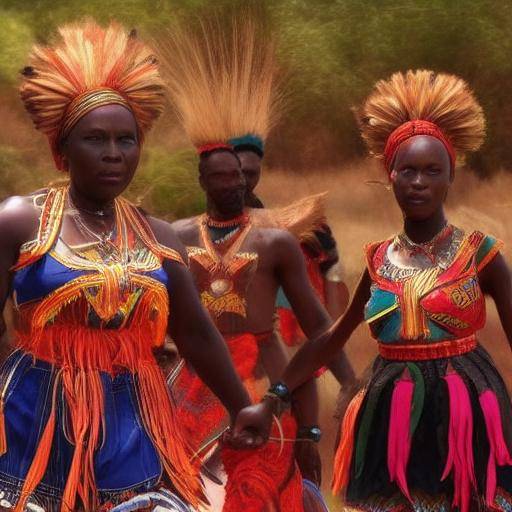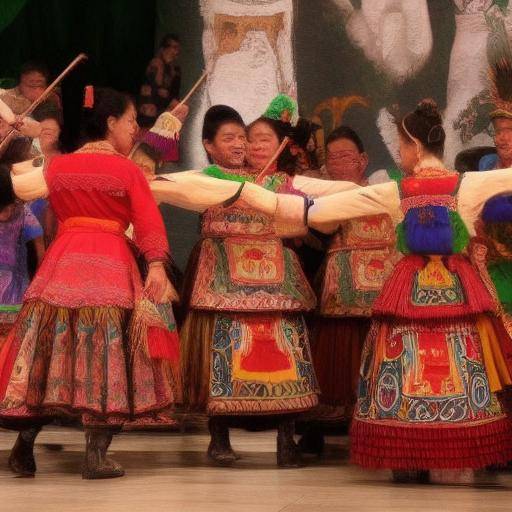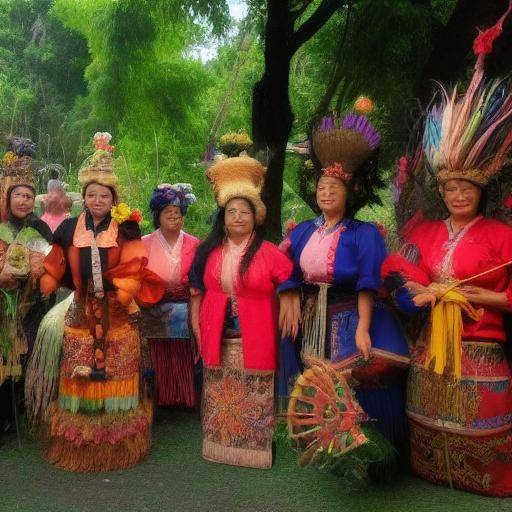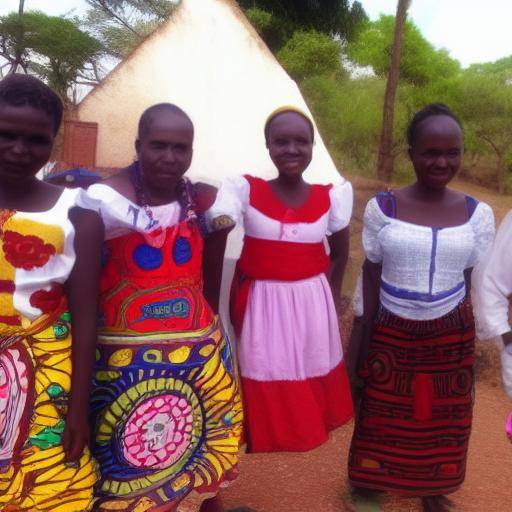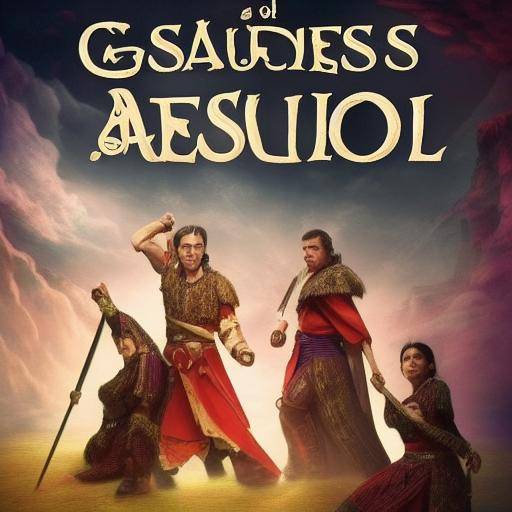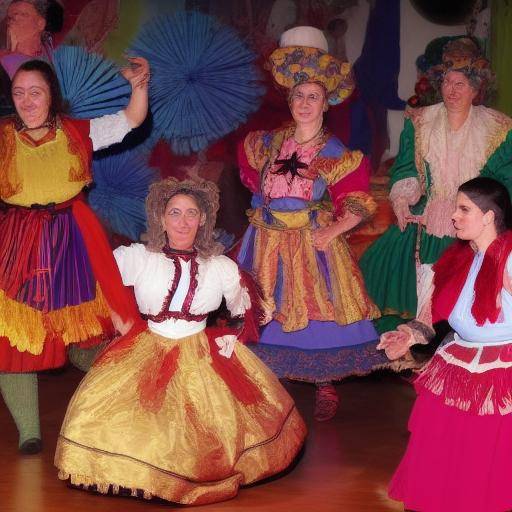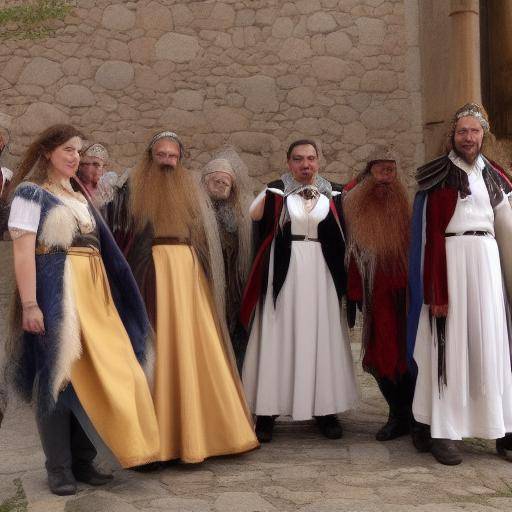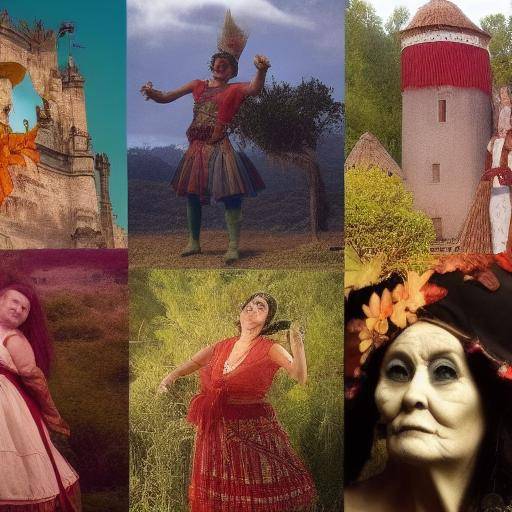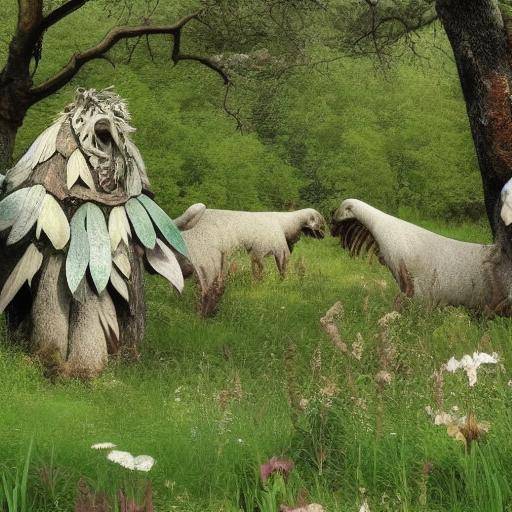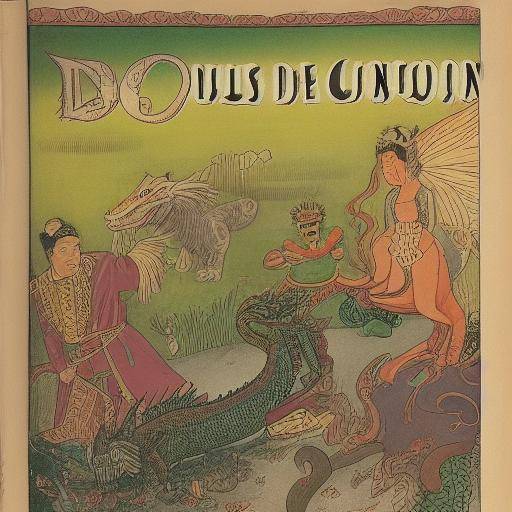
Introduction
African folklore is a rich source of beliefs, traditions and myths that have passed from generation to generation, enriching the culture of the continent. In particular, the myths of nature play a fundamental role in African cosmogonies, revealing the deep connection between indigenous peoples and their natural environment. In this article, we will explore the fascinating myths of nature present in African folklore, as well as the surprising legends that have endured over time.
History and Context
African folklore dates back to time immemorial, rooted in the oral traditions of the various communities that inhabit the continent. These stories have been transmitted from generation to generation, forming a vast network of beliefs that enrich the understanding of the relationship between human beings and nature. From the wisdom of the elders to ritual ceremonies, African folklore has served as a means of preserving and transmitting knowledge about nature and its role in everyday life.
The Legacy of Nature Myths
The myths of nature in African folklore have been fundamental to understanding the relationship between indigenous communities and their environment. These narratives explain the origin of natural phenomena, the creation of the world, and the behavior of animals and plants. Through these accounts, teachings on respect for nature, the importance of harmony with the environment and the valuation of biodiversity are transmitted.
The Influence of Legends
Legends in African folklore have exerted a profound influence on the daily lives of communities, shaping their values, customs and sense of identity. Many of these legends are closely related to nature, presenting mythical animals, earth spirits, and supernatural forces that reflect the African worldview. Often, these legends convey moral messages, teachings on ecological balance and the importance of interdependence among living beings.
Deep analysis
Rituals and Ceremony
The myths of nature in African folklore have given rise to a variety of rituals and ceremonies that celebrate the sacred relationship between humans and nature. These practices include dances, songs and offerings to the spirits of the earth, seeking to maintain balance and harmony with the natural environment. The rituals related to sowing, hunting and harvesting are permeated with symbolic and spiritual meaning, honoring the fertility of the earth and the life cycle of nature.
Cosmogonies and Beliefs
African cosmogonies narrate the myths of creation, revealing unique visions about the origin of the world and the diversity of life. These narratives give voice to the interaction between gods, semi-gods, mythical beings and natural forces, weaving a tapestry of stories that explain the genesis of the universe and the appearance of different forms of life. Through these cosmogonies, ancestral knowledge about the connection between humanity and nature is perpetuated, highlighting the valuation of the earth as a mother and provider of life.
Full review
Cultural Value and Intangible Heritage
The myths of nature and legends in African folklore constitute a valuable immaterial heritage that enriches the cultural diversity of the continent. These narratives convey not only knowledge of nature, but also ethical, spiritual and aesthetic values that have shaped the identity of African communities over the centuries. Its preservation and dissemination are fundamental to understanding the richness of the continent ' s cultural diversity and to promote respect for the legacy of ancestral traditions.
Challenges and Preservation
Despite its importance, African folklore faces challenges in its preservation, given the impact of globalization, modernization and the loss of languages and traditions. The oral transmission of the myths of nature and legends is threatened by the influence of modern media and the decrease of spaces dedicated to traditional narrative. The preservation of these traditions requires a conscious effort on the part of communities, institutions and governments to safeguard this invaluable cultural legacy.
Comparative analysis
Regional Matices and Cultural Diversity
African folklore presents an astonishing diversity of nature myths and legends that reflect the different ecosystemic, cultural and linguistic realities of the continent. From the savannah to the jungles, and from the desert to the coast, each region has woven its own narratives about nature, enriching the understanding of the interaction between peoples and their environment. These regional differences reveal the wealth of African cultural diversity and the uniqueness of local conceptions about nature and the supernatural world.
Syncretism and Adaptation
African folklore has experienced processes of syncretism and adaptation throughout its history, especially through contact with other cultures and religions. This phenomenon has generated mergers between indigenous myths and foreign beliefs, leading to hybrid narratives that reflect the interculturality and adaptability of African traditions. This dynamic process has enriched the panorama of African folklore, demonstrating its vitality and ability to integrate external influences without losing its distinctive essence.
Practical Tips and Recommendations
Preservation and Promotion
To preserve the myths of nature and the legends of African folklore, it is essential to encourage the collection, documentation and dissemination of these narratives through cultural, educational and research projects. The implementation of programs to revitalize oral heritage, together with the support of traditional narrators and teaching in schools and universities, will contribute to ensuring the continuity of these valuable cultural expressions.
Review of Nature
The myths of nature in African folklore convey profound lessons about respect and appreciation of nature. By promoting the knowledge of these narratives, greater ecological awareness and a sense of responsibility for the environment are encouraged. The integration of these accounts into environmental education programmes and awareness-raising activities will help to strengthen the connection between African communities and their natural environment.
Conclusions
The richness and diversity of the myths of nature in African folklore, as well as the legacy of traditional legends, invite us to appreciate the profound wisdom contained in these timeless narratives. Beyond their cultural value, these stories remind us of the importance of preserving the harmony between humanity and nature, and inspire us to cultivate greater respect for the natural world. By honoring and preserving this cultural heritage, we contribute to enriching our understanding of the universe and preserving the spiritual legacy of African communities.
Frequently asked questions
1. What is the importance of the myths of nature in African folklore?
The myths of nature in African folklore play a key role in transmitting knowledge about the interaction between humans and the natural environment. These narratives reveal ethical values, moral lessons and a deep spiritual connection with nature, enriching the understanding of African worldview.
2. How are nature myths transmitted in African communities?
The myths of nature are transmitted mainly through oral tradition, where traditional or elderly narrators share these stories with younger generations during ceremonies, festivals or community meetings. This form of oral transmission has been instrumental in preserving these narratives over the centuries.
3. What are some outstanding examples of nature myths in African folklore?
Some outstanding examples include the myth of creation in Yoruba mythology, which narrates the origin of the world and the gods; the myth of the lion and the hare in the tradition of the Ashantis, which teaches lessons on astuce and courage; and the myth of the sacred tree in various African cultures, which symbolizes the spiritual connection between humanity and nature.
4. How have the myths of nature influenced cultural practices in Africa?
The myths of nature have exerted a significant influence on African cultural practices, especially in rituals, ceremonies and festivals that honor nature and its life cycles. They have also contributed to the African worldview, promoting respect for the environment, biodiversity conservation and ecological balance.
5. What is the contemporary impact of the myths of nature in African folklore?
At present, the myths of nature continue to be a source of inspiration and identity for African communities, nourishing creativity in various artistic, literary and educational expressions. In addition, these narratives remain relevant in promoting environmental awareness and preserving African cultural heritage.
6. What efforts are being made to preserve and spread the myths of nature in African folklore?
Various cultural, academic and community organizations are undertaking initiatives to preserve and spread the myths of nature in African folklore. These efforts include the collection of traditional accounts, the training of oral narrators, the publication of books and educational materials, and the organization of cultural festivals and events that promote these narratives.
With this enriching exploration of the myths of nature in African folklore, we hope to have provided a deeper understanding of the cultural and spiritual wealth emanating from these timeless narratives. Its lasting value transcends borders and invites us to celebrate the intricate relationship between humanity and nature that continues to resonate over the centuries.

